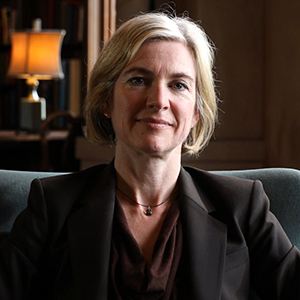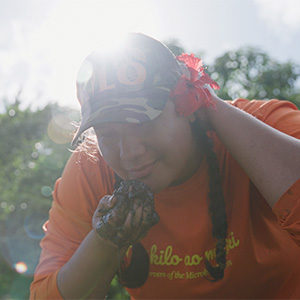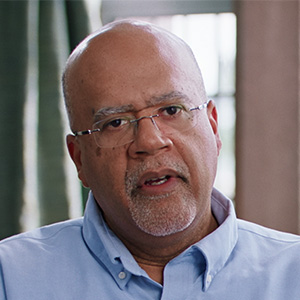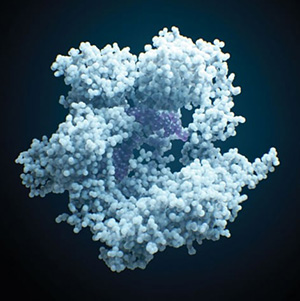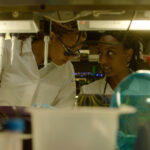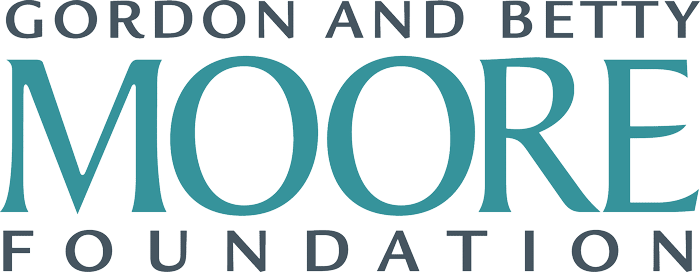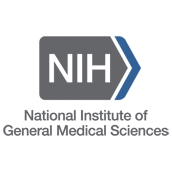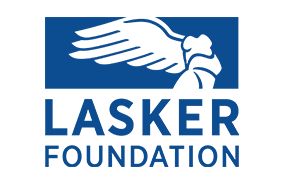Can Microbes Generate Electricity? Absolutely! Join MSU’s microbiologist, Gemma Reguera, as she takes us on an intriguing exploration of Geobacter, the electricity-producing microbe. Discover the unique process through which Geobacter’s respiration removes electrons from molecules, like acetate.
To enhance your teaching experience, we’ve included educator resources and engaging activities thoughtfully curated by Margaret Lee, Associate Professor at Ohlone Community College in Fremont, California.
This is what Margaret had to say about the importance of teaching Geobacter in a life science classroom.

Can you tell us about yourself?
I have been teaching biology at Ohlone College since 2005. I started with introductory biology lecture and lab courses and transitioned to microbiology about halfway through those years. Most of our community college biology students are interested in entering Allied Health programs (nursing, respiratory therapy, physical therapy, dental fields).
Why is it important for students to learn about Geobacter?
Microbes are an under-appreciated vast swath of our biosphere. The “bad microbes” that cause disease get most of our attention while the many essential and beneficial microbes quietly work their wonders. This is why I so enjoy the Geobacter story and look forward to sharing it with students. Hailing from the Silicon Valley where “nanowire” and “electron” are usually part of high tech, and where microbial discoveries are largely in the medical field, it is exciting to put the spotlight on ditch-dwelling electron-pushing Geobacter and other electric microbes. I hope students will see that it’s worthwhile to learn about oxidations, reductions and electron transfers in cell respiration, as this might just be where our next biggest innovations will come from.
